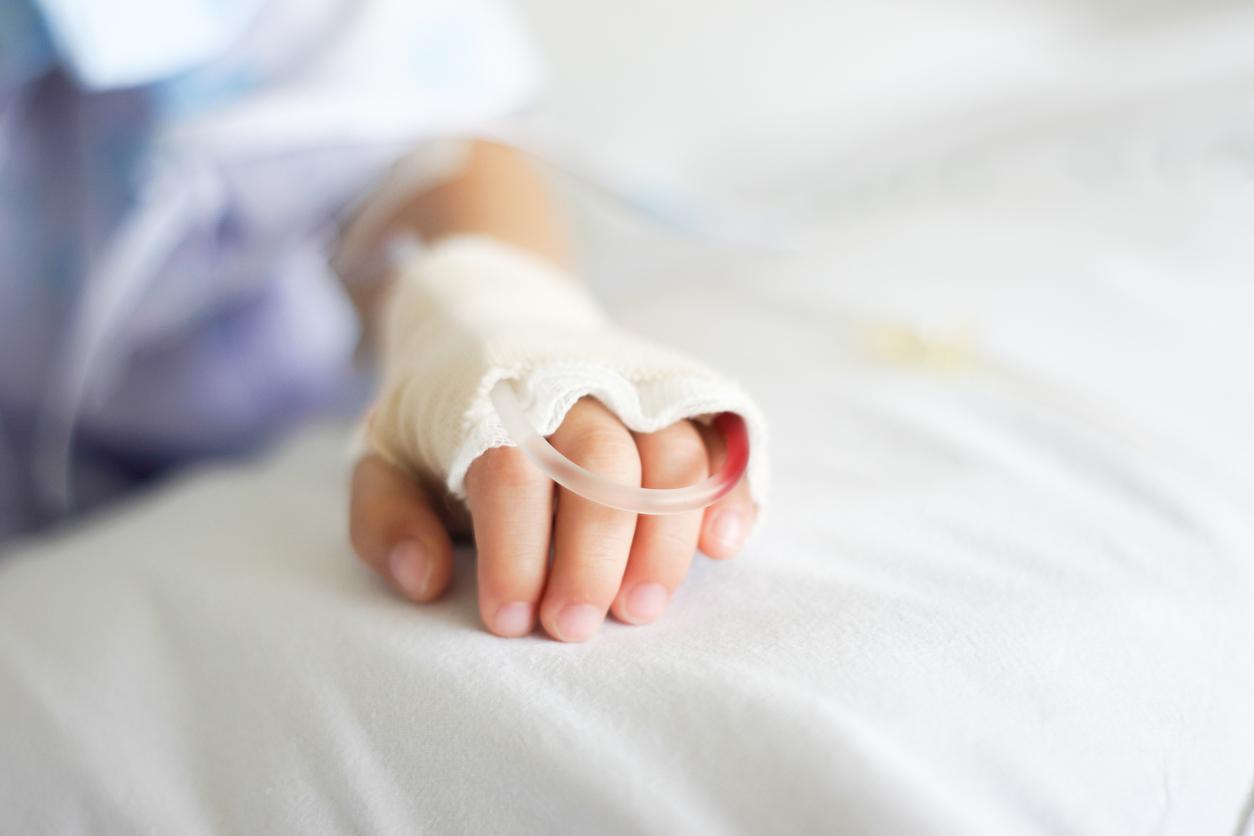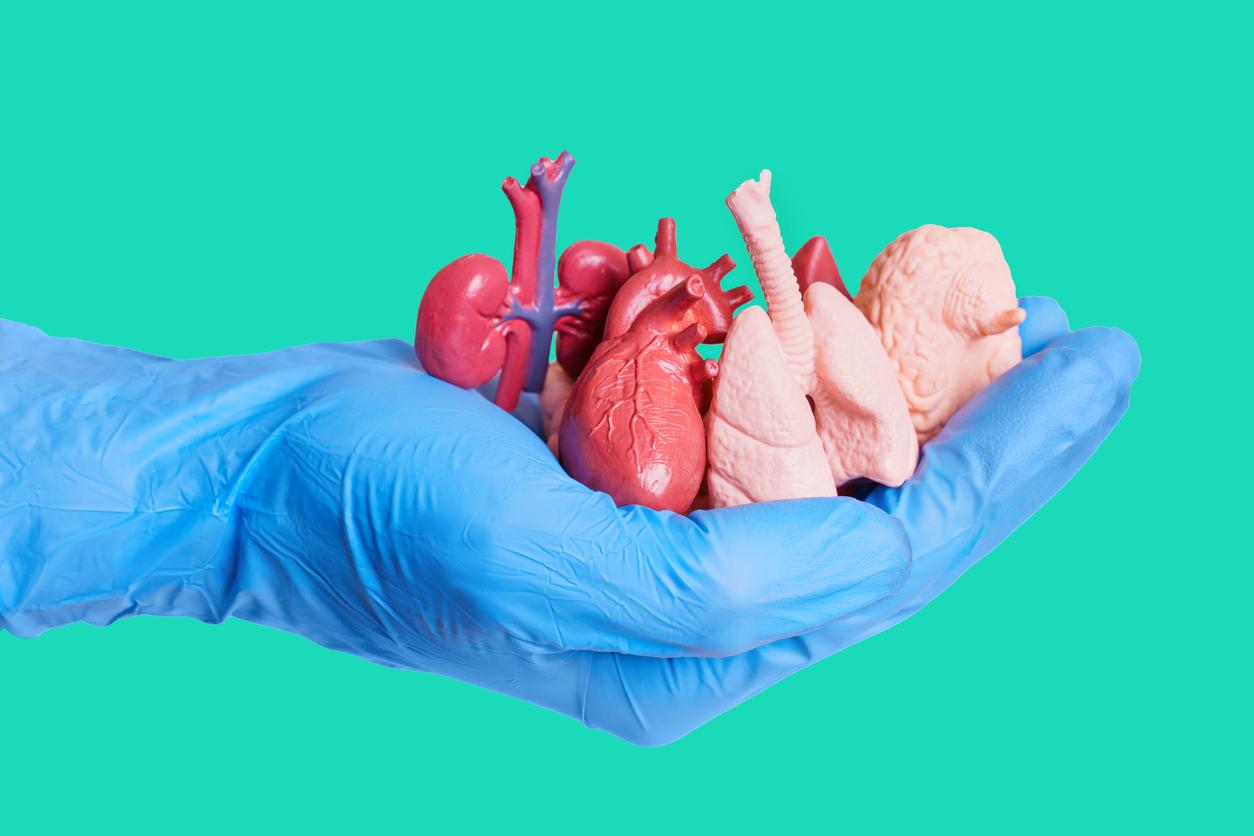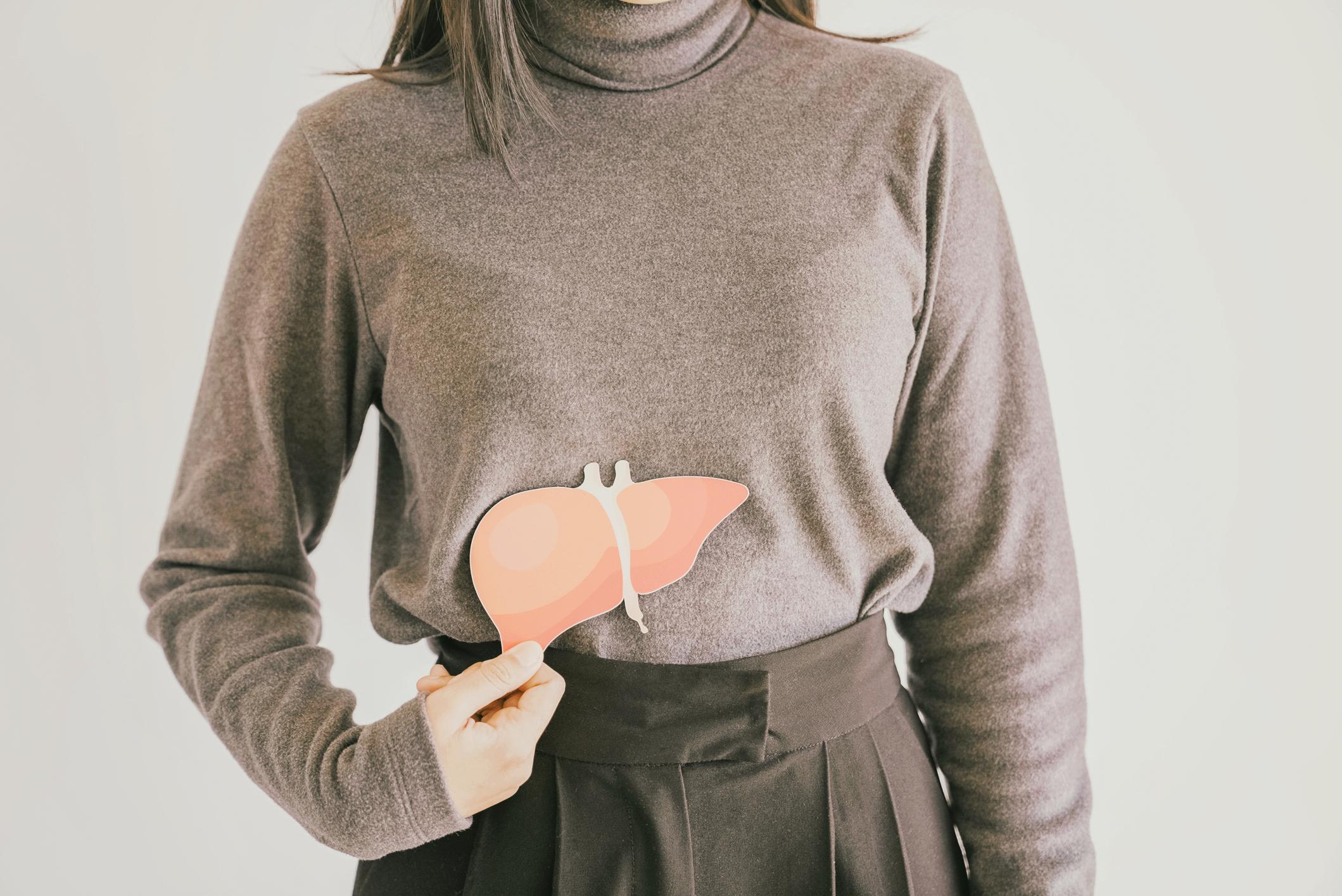Many healthcare professionals are delighted with this latest development in the organ harvesting system. Since 1976 (Caillavet law) until today, the main rule was that of presumed consent: if you did not make known during your lifetime your refusal to be removed, then you are considered by default as a donor. Until then, the only legal means of making known his refusal was registration in a register called “national automated register of direct debit refusals”.
More flexibility in the device
Since the new decree of August 11 (n ° 2016-1118), it is now possible to express your refusal during your lifetime: you just have to write it down, date, sign and give this document to a loved one. The decree also provides for the case where the person would be physically unable to make known his refusal and specifies that this one can then “ask two witnesses to certify that the document which he could not write himself. is the expression of his free and enlightened will “. Finally, a relative of the deceased person can also assert the refusal of organ harvesting that this person would have expressed without having expressed it in writing during his lifetime.
It should be remembered that the refusal to take a sample may concern either part or all of the organs and tissues likely to be removed. In addition, the refusal is revisable and revocable at any time and the hospital coordination team only takes into account the most recent expression.
A difficult decision for loved ones to make
In a press release, the National Federation for Kidney Insufficiency (FNAIR) “welcomes this development which should make it possible to fight more effectively against the shortage of transplants”. Indeed, in the majority of cases the relatives do not know the position of the deceased on the issue of organ removal and must make a decision for him. A choice that can prove difficult for loved ones faced with the brutality of death.
Alain Atinault, head of the collection and donation at the Biomedicine Agency estimated a few years ago that reducing the refusal of collection at the time of the interview with relatives “would surely make it possible to carry out between 1000 and 1500 additional transplants”.
In 2014, the Biomedicine Agency was already alerting to the great shortage of transplants in France. Of the 20,000 people waiting, only 5,357 patients had been able to benefit from a transplant.
Read also :
Transplant: what determines donor-recipient compatibility?
Organ donation: more transplants, but still more requests
Organ donation: “even swelling can save lives”
















